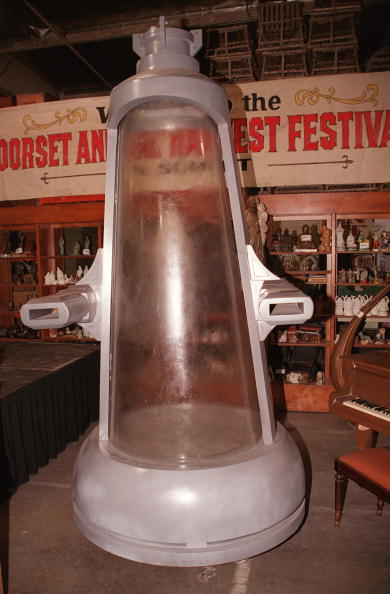
The death of an employee working in a cryotherapy center has compelled the health officials of Nevada to issue the guidelines on the service.
On Oct 20, Chelsea Ake-Salvacion, 24, who worked in Henderson's Rejuvenice Spa, was discovered frozen by her colleagues. According to reports, Ake-Salvacion was working night shift when she decided to try one of the cryotherapy chambers herself. Coroner's report confirmed that she died of asphyxia caused by very low levels of oxygen in the bloodstream.
Based on the new guidelines, the state's health authorities recommend that the services be provided on clients who are only 18 years old and above. Some businesses offer cryotherapy to clients as young as 14 years old. Those who already have pre-existing conditions like high blood pressure and heart problems are prohibited to use the service. The same goes for those who are claustrophobic and women who are pregnant. The officials also suggested a minimum height of five feet tall.
The exposure of clients to cryotherapy will also be limited to only one session each day while they can use the machine, which looks like a telephone booth, in three minutes or less. Blood pressure should be obtained before and after using the machine.
However, the officials want to clarify that these are merely guidelines or standards and that they must not be interpreted as laws. They, nevertheless, are willing to work closely with the various spa services to ensure they are up to standards, particularly in the operator training on machines.
Cryotherapy refers to the exposure of the body to very low temperatures, which are usually between -166 and -319 degrees. It is believed that these temperatures can encourage weight loss by increasing the body's basal temperature or metabolism, decrease the risk of depression, and treat different conditions including inflammation and pain.
Despite gaining popularity over the last few years, it still remains unregulated and evidence as to its benefits is weak, limited, or unproven.
